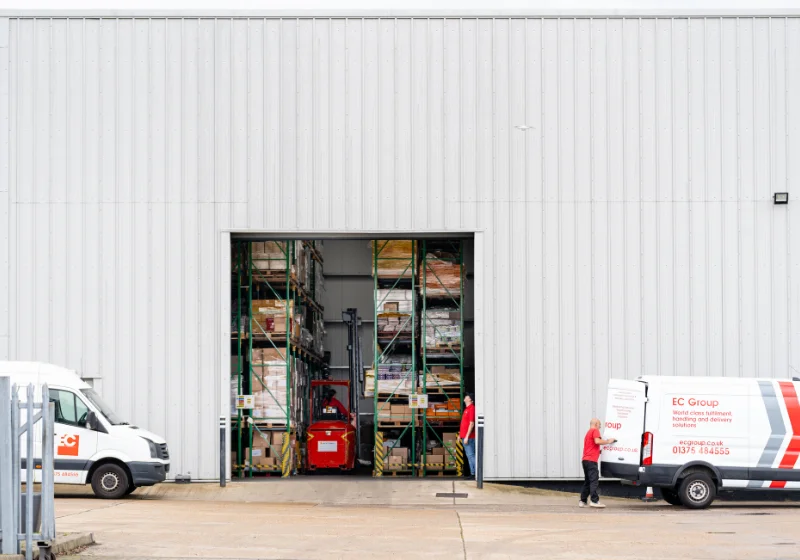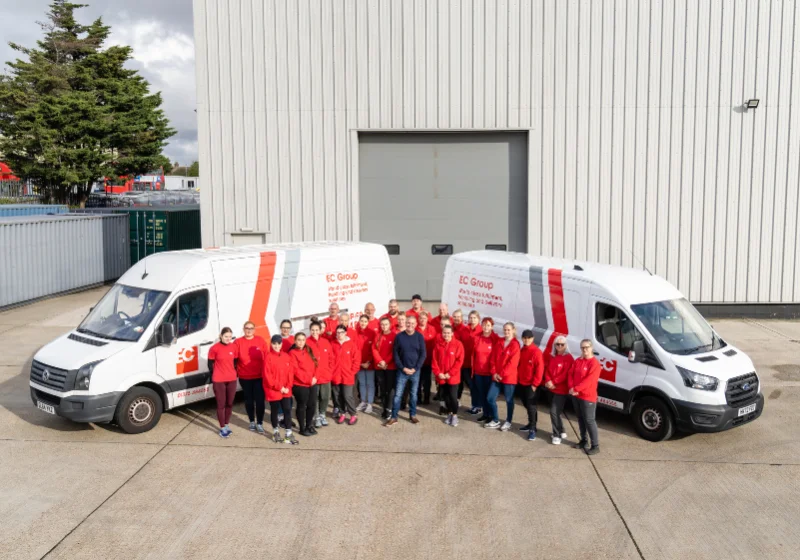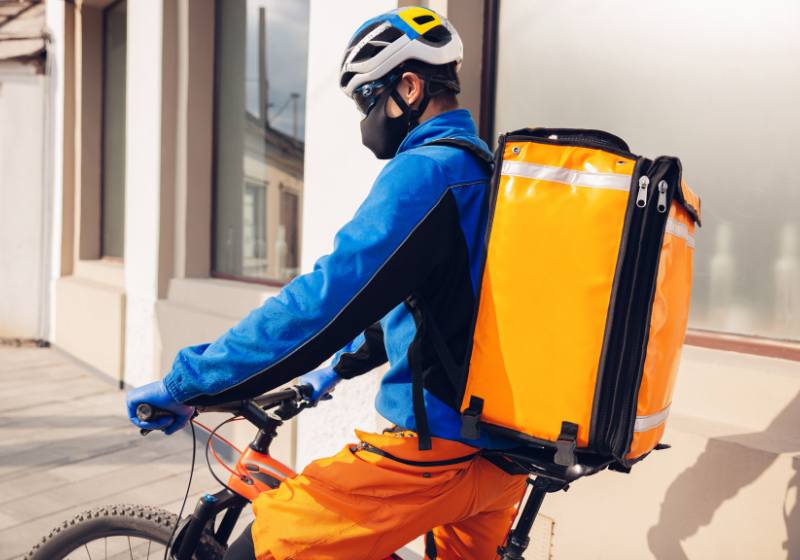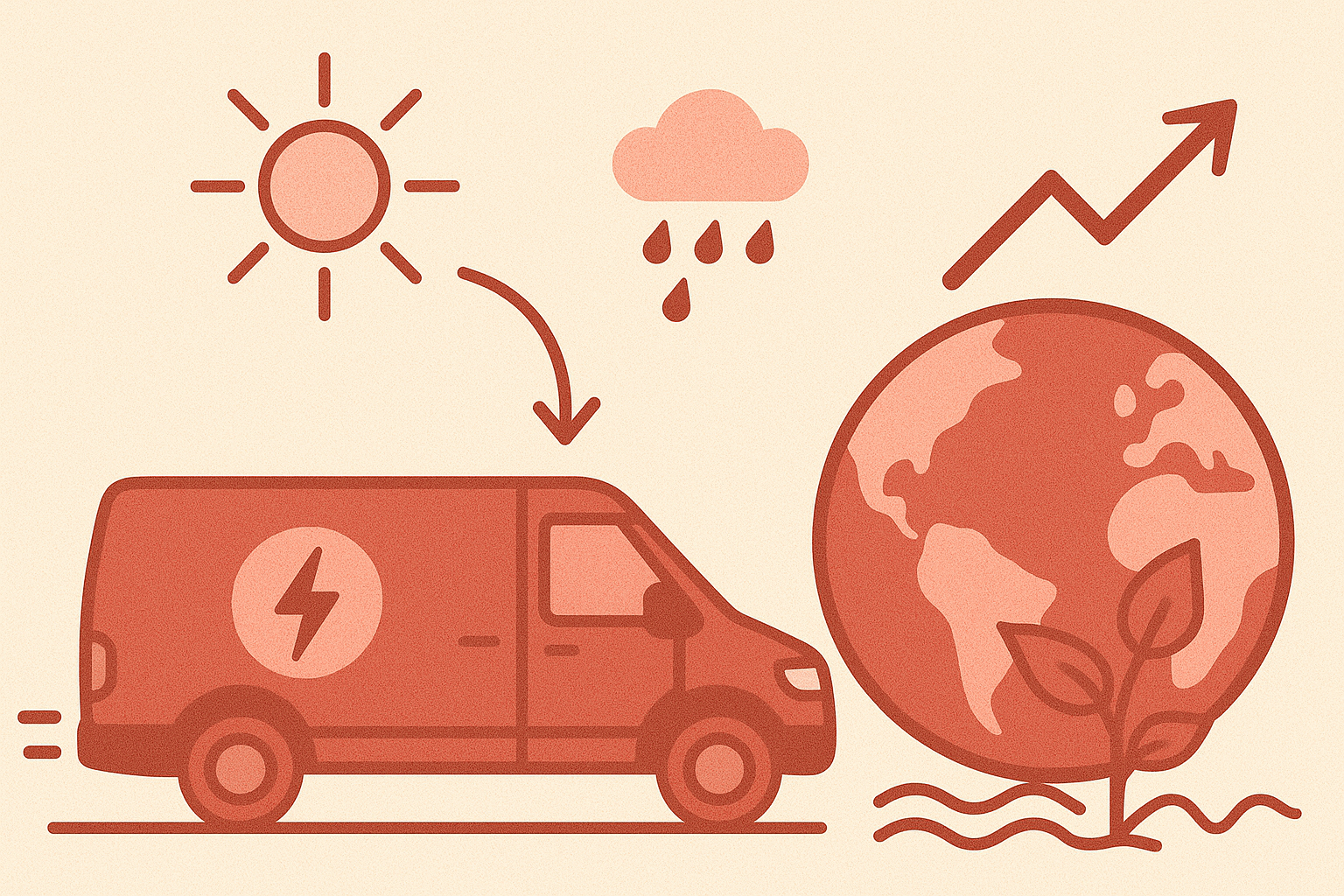As traffic volumes in our city centres rise, driven in part by van deliveries from a COVID-boosted e-commerce sector, congestion is an increasing concern. Since 2008, van mileage has increased by a fifth, and vans now make up around 15% of traffic and cause over 30% of NOx and particulate emissions.
E-cargo bikes can provide a solution to this problem. Taking up less road space and emitting zero emissions, they are less obtrusive in city centres than vans. Consequently, the government introduced funding to organisations interested in purchasing e-cargo bikes. The Department for Transport funded £400,000 to support businesses switching to a sustainable transport solution. This funding covered up to 40% of the total cost of an e-cargo bike, up to a maximum of £2,500 for two-wheel models and £4,500 for three-wheel models.
For our cities to truly capitalise on the promise of e-cargo bikes to minimising van traffic, we must entirely rethink how things are transported and how e-cargo bikes could be used on a larger scale. Businesses have been searching for a silver bullet for urban logistics – has it been right under our noses the entire time?

Are E-cargo bikes game changers?
As much as 40% of transportation costs can be attributed to the “Urban Last Mile,” making it one of the most complex and expensive parts of any supply chain. However, we still drive polluting vehicles around our cities, and this won’t change unless companies embrace new methodologies. The development of e-bikes has been revolutionary, contributing to a more sustainable, cost-effective, secure and healthy economic system.
In Europe, e-cargo bike sales climbed by 38.4% in 2020 and 65.9% in 2021. Amazon, FedEx, UPS, DHL, UberEats, Disney, ZAPP, Gorillas, JustEat, and Dominoes are just a few of the well-known companies that have switched from gas-guzzling trucks to e-cargo bikes. The City of London converted 38 parking spaces into a hub for Amazon’s cargo bikes in 2020, removing 85 vans from London’s roads and saving 23,000 vehicle trips into the city centre in one fell swoop.
It makes sense to switch
If you’re planning to buy an e-bike are some benefits to consider:
Cost: E-cargo bikes make good financial sense. There is a significantly lower upfront cost compared with cars and vans, and, as electricity is cheaper than petrol and diesel, e-cargo bikes also have far lower running costs. Insurance, maintenance, and repair costs also all come up significantly cheaper.
Efficiency: E-cargo bikes take up less road-space than conventional vans, easing congestion while increasing efficiency. They can take shorter, faster routes – including bus lanes – and can be wheeled through pedestrianised areas, or through standstill traffic. Additionally, their small size means they can frequently be parked closer to the destination addresses so deliveries can happen more quickly.
Health: E-cargo bikes can contribute to a healthier, happier workforce. The physical activity of using a bike is beneficial for rider health, with some companies even reporting that their e-cargo bike riders take less sick leave than other drivers.
Capacity: While at first glance it may seem like vans have higher capacity, some e-cargo bikes can carry more or less the same as a small van, plus – e-cargo bikes can deliver almost twice the number of deliveries a van can do in one day. Van drivers are averaging 6 drops an hour compared to e-cargo bikes managing 10 drops an hour.
Fleet: It is possible to drastically reduce fleet costs by limiting the usage of van fleets to larger item deliveries and investing in e-cargo bikes for regular delivery transportation.

Is this a logistics silver bullet?
Companies should be learning to be adaptable and think about how they can implement e-cargo bikes as part of their delivery strategy. Together, e-cargo bikes and smaller city-centre first/last mile hubs can form the basis of a flexible business model well-suited to the city of today and tomorrow.
When compared to other transportation options, the e-cargo bike comes out ahead financially and ecologically. Depending on where you live, the government may now subsidise the purchase of e-cargo bikes. Cities throughout the world are beginning to see that including cycle logistics in their plans is an essential tool for maintaining urban logistics, especially if city-centre areas are closed off to cars and trucks.
EC Group are specialists in logistics and fulfilment. If you need more information on how we can help your business, get in touch with our expert team today.



